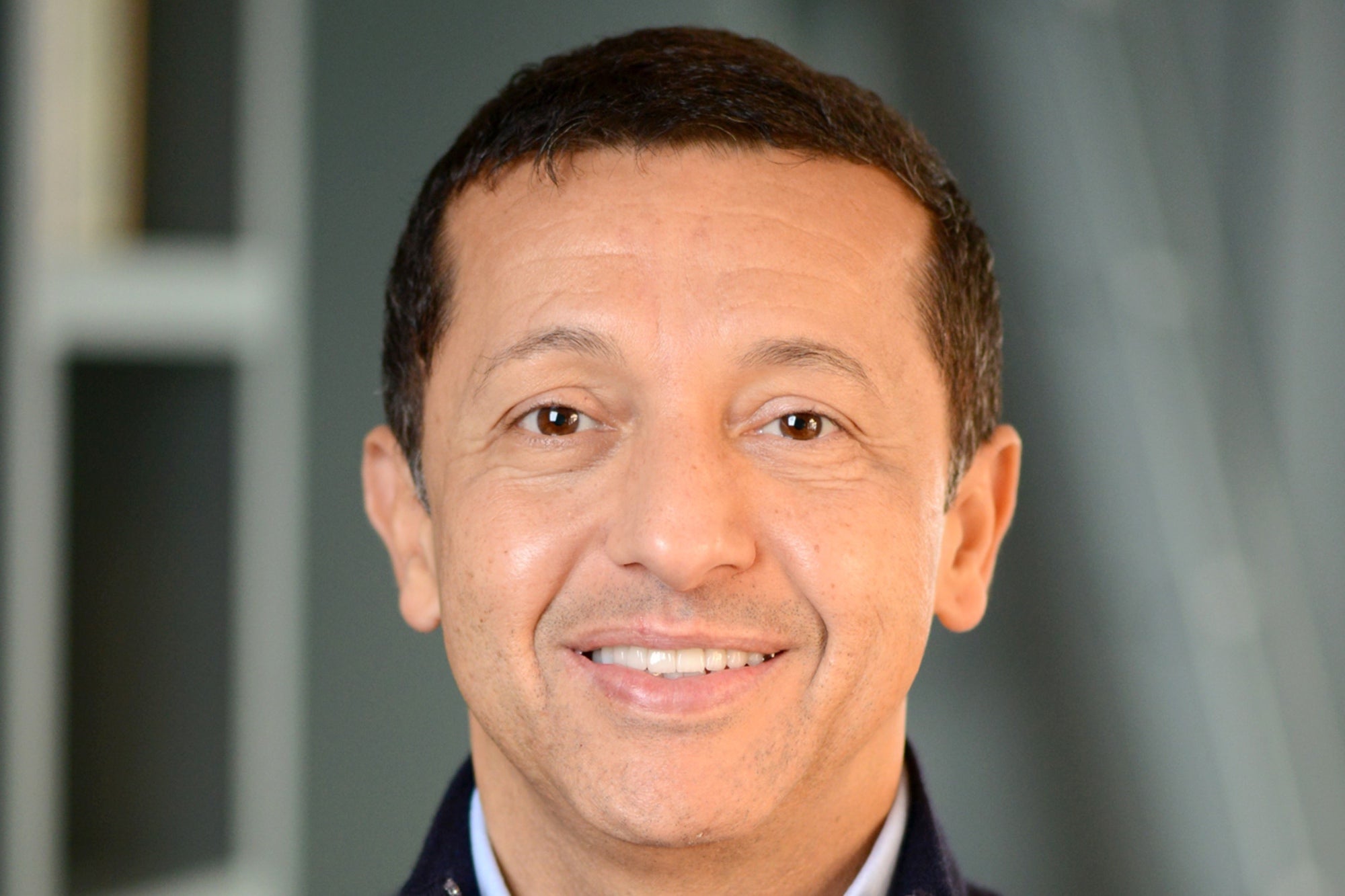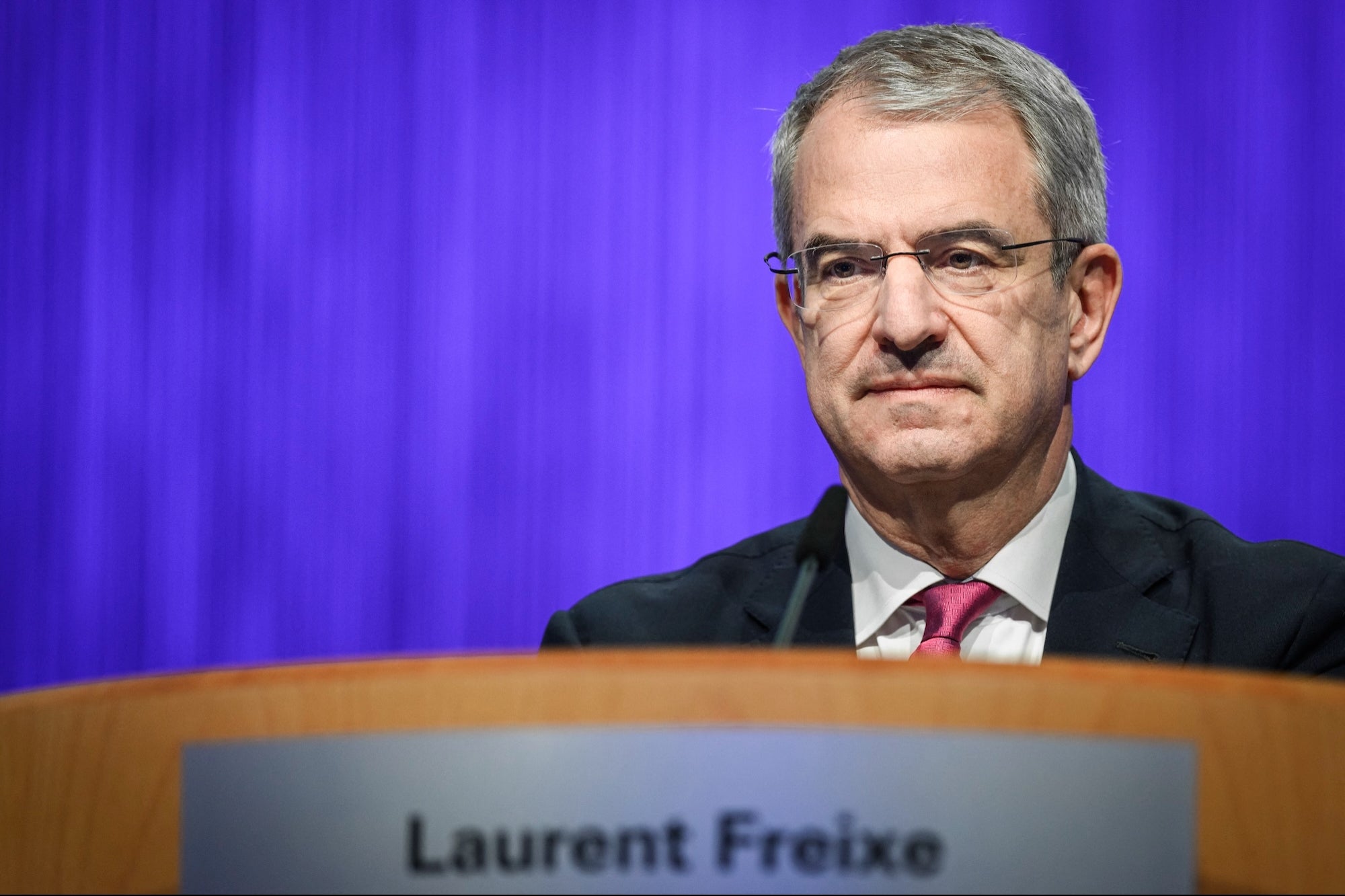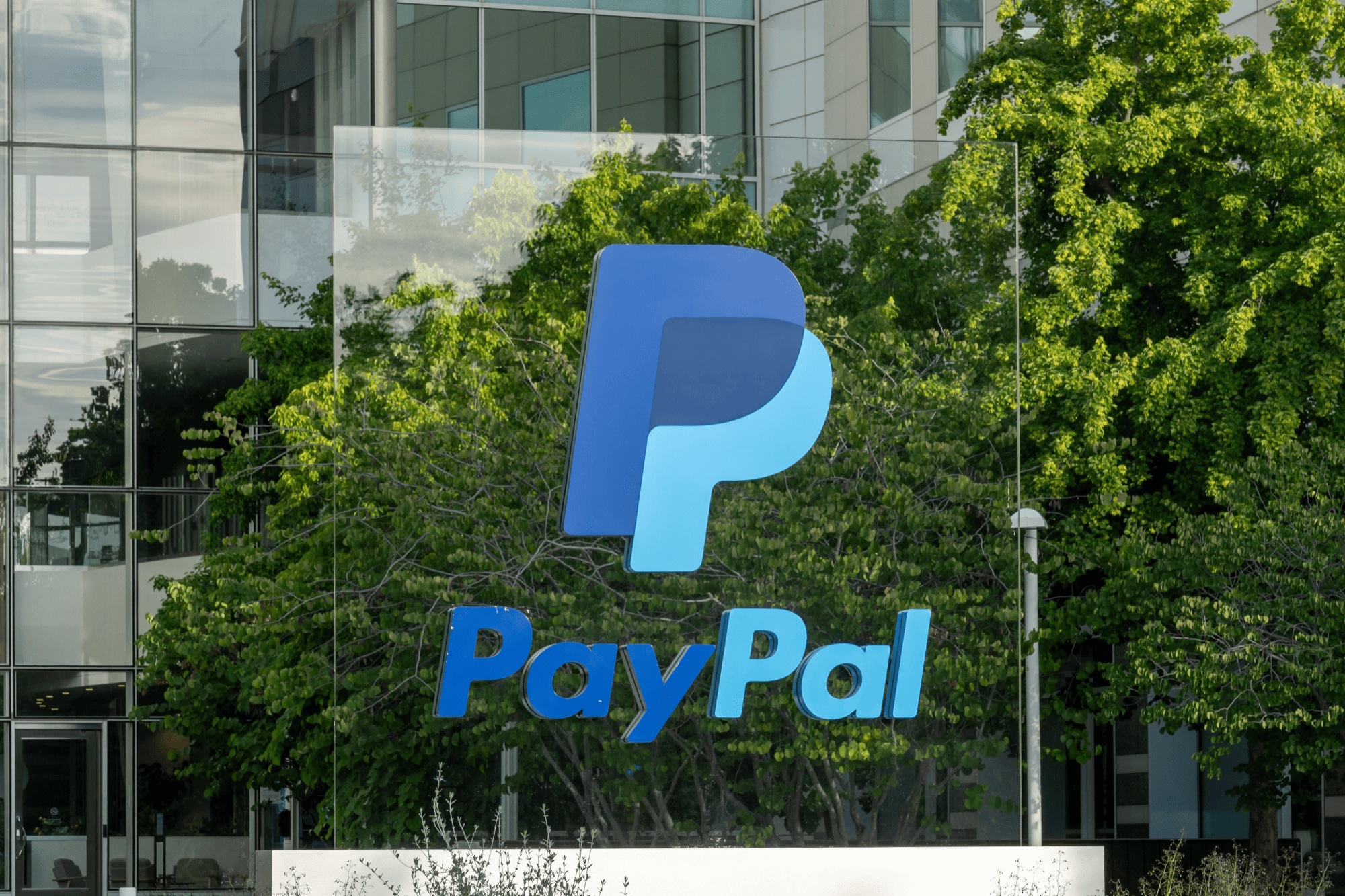Startup Funding: Amjad Ahmad, Managing Partner, 500 Global Amjad Ahmad, Managing Partner, 500 Global, reveals what it takes to secure funding and grow smart.
By Tamara Pupic
You're reading Entrepreneur Middle East, an international franchise of Entrepreneur Media.

This article is part of Startup Funding - Investor Insights Every Entrepreneur Needs by Entrepreneur Middle East, a series where the MENA region's leading venture capitalists share practical advice to help founders navigate the challenges of building and scaling a startup.
Amjad Ahmad, Managing Partner, 500 Global, reveals what it takes to secure funding and grow smart.
What are the top three things founders should absolutely do when preparing to raise their financing round?
Craft a compelling story. Fundraising is about authentically communicating a clear, compelling narrative. Show that you are a founder building a company and not just a transaction. Great founders weave their data into a broader vision—showing us the urgency of the moment, the power of the solution, and their personal edge in bringing it to life.
The best founders articulate not just what they're building, but why now, why this solution, and why they are uniquely positioned to lead it.
Know your business inside and out. Investors don't expect perfection—but we do expect precision. Great founders are fluent in the fundamentals: market dynamics, customer behavior, revenue model, unit economics, and the competitive landscape. They answer questions thoughtfully and with depth. If you can't clearly articulate the key drivers of your business, it's hard for us to believe you'll know how to steer it.
Target the right investors. Not every investor is the right fit—and that's perfectly fine. Smart founders treat fundraising like matchmaking: they identify investors aligned with their stage, sector, and geography, and tailor their outreach accordingly. The fact is, only 2–5% of conversations turn into a check. Warm introductions significantly boost those odds. It's a numbers game, so make sure you have a suitable and extensive list based on your fundraising goal.
Related: VC Voices: Noor Sweid, Author and Founder and Managing Partner at Global Ventures
What are you really looking for when evaluating startups?
As growth-stage investors, we're not just betting on ideas—we're backing momentum.
We look for clear signs of product-market fit, a solution that's not just marginally better, but meaningfully different—ideally 10x better, a credible path to scalable, economically sound growth, and a team that demonstrates grit, resilience, and clarity. The founders who win are the ones who learn fast, adapt faster, and build with discipline.
Can you share a personal anecdote—either a pitch that truly impressed you, or one that missed the mark and why?
I once met a founder building in a highly technical space. But instead of leading with complexity, he walked me through his customer's exact workflow—and showed how his tool eliminated hours of inefficiency. He didn't just pitch features; he shared a real-world case study that captured the pain, the value, and the transformation. That level of customer insight was rare—and made the power of his solution instantly clear.
How should founders approach a "no"? What's the best way to build long-term investor relationships even if they don't get a cheque right away?
The best founders don't treat a "no" as rejection—they treat it as feedback. Sometimes it's a definitive pass due to lack of fit. But more often, it's a conditional one: "not now," "not at this traction level," or "not until X is de-risked."
The most effective founders take the time to understand the reasoning, stay connected with thoughtful, periodic updates, and demonstrate not just growth, but learning.
Building a company is a long and enriching journey. A 'no' from today could become a 'yes' in a future round—or spark a valuable introduction to other investors. Momentum earns attention. Staying in touch earns trust.
What startup trend are you most excited about right now—and why?
We're entering a phase of unprecedented efficiency and precision in solving complex problems—driven by advances in AI. The next wave of breakout companies will combine deep domain expertise with intelligent tools that deliver tailored, high-impact solutions to each customer. Strong founders now have the opportunity to tackle more intricate challenges in financial services, logistics and supply chain, healthcare, and enterprise workflows—areas still riddled with friction, inefficiency, and offline processes. This isn't just about automation—it's about reimagining how real business gets done.










